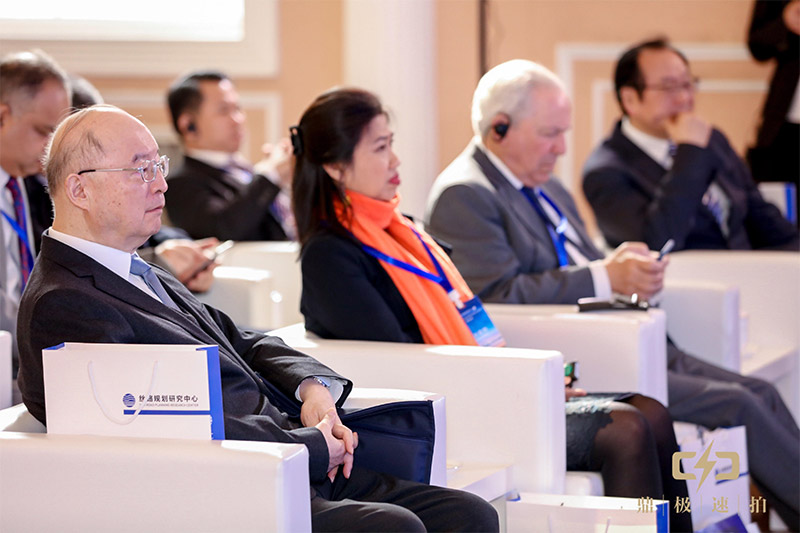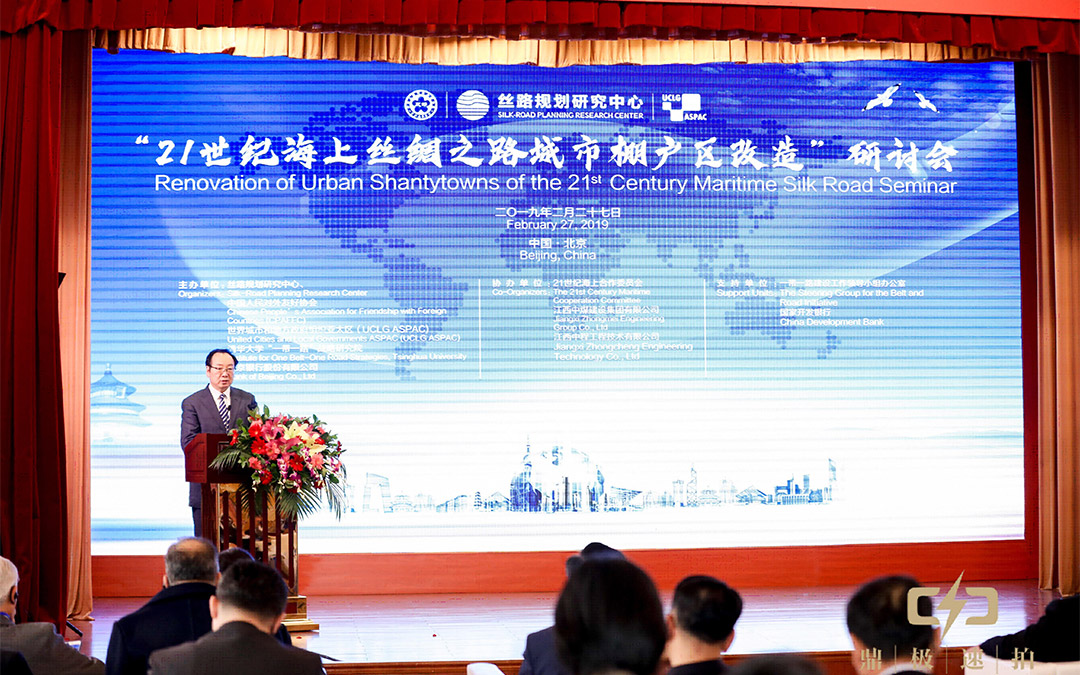27 February 2019 | BEIJING, China – One of the common challenges in urban governance both developed and developing countries are facing with is the problem of urban slums. With the global agenda putting emphasis on urban development, governments worldwide have expressed concerns on urban construction. Responding to this challenge, UCLG ASPAC, in close collaboration with the Silk-Road Planning Research Center, Chinese People’s Association for Friendship with Foreign Countries, One Belt-One Road Strategy Institute, Tsinghua University, and Bank of Beijing provided a platform for knowledge exchange through the “Renovation of Urban Shantytowns of the 21st Century Maritime Silk Road” Seminar, held on 27 February 2019 in Beijing. Representing UCLG ASPAC, Secretary General Bernadia Irawati Tjandradewi attended this seminar together with Song Jingwu, Vice President of the CPAFFC, and other distinguished leaders.
This seminar brought together various relevant stakeholders that shared their knowledge, which among many included discussion on development of financial services for urbanisation in China, experience and cases of shantytown reconstruction in China, and financial supporting experience for sustainable urban development. This event also provided an opportunity for cities along the 21st Century Maritime Silk Road to discuss with corresponding governments, enterprises, and financial institutions in China.

Key leaders attending the seminar agreed on the importance of collaborative efforts to stimulate innovation for development. China is also committed to carry out close cooperation with government departments, enterprises and financial institutions in cities along the Belt and Road, to coordinate various interests, taking into account the economic, social, cultural, legal, and financial plans. All attendees have also pledged their support to the establishment of urban agglomeration along the silk road under the guidance of Silk-Road Planning Research Centre and form a regular cooperation mechanism.











